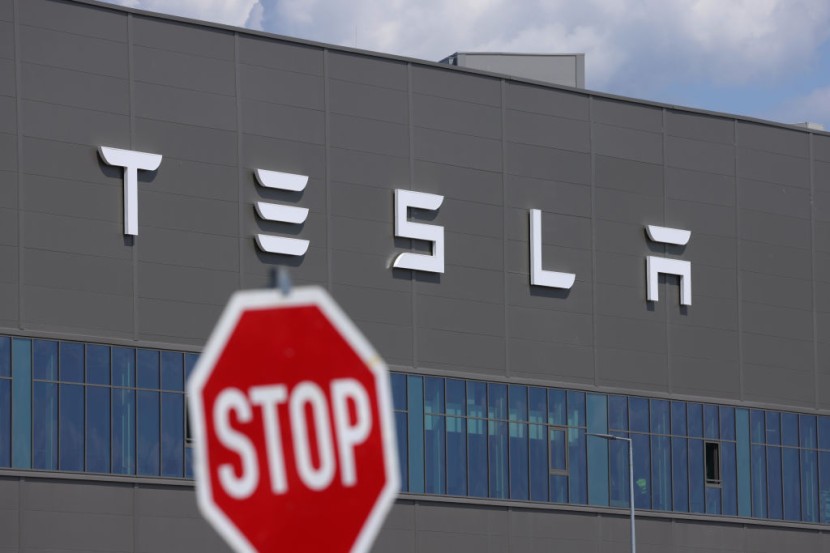Tesla Inc. has revealed plans to implement substantial pay raises for most hourly workers at its Nevada gigafactory.
The adjustments, set to take effect in January 2024, aim to provide a 10% boost to workers' wages, according to exclusive information obtained by CNBC from internal company documents, as per Market Watch.
Labor Strife, Union Pressure Amid Pay Changes

The battery factory in Sparks, Nevada, operated by Tesla, has emerged as a prominent topic of conversation in relation to workers' rights and the potential establishment of a union. According to reports, the hourly pay adjustments vary from $20 to $22 on the lower end and $30.65 to $34.50 on the higher end.
In addition, the company is taking steps to streamline pay levels by consolidating specific wage brackets, thereby simplifying the overall compensation structure. These modifications represent not only a significant financial uplift for Tesla's workforce but also a strategic move to dissuade interest in unionization efforts.
The adjustments, which equate to raises of $2 to $8.30 per hour for most hourly workers, could potentially quell discontent among employees and diminish the likelihood of collective bargaining. The United Auto Workers (UAW) has revealed its plans to expand its reach to non-unionized automakers, such as Tesla.
UAW President Shawn Fain has expressed a strong determination to expand the battle for workers' rights beyond the confines of traditional automakers. Fain's ambitious vision includes extending the fight to encompass newer players in the industry, signaling a significant shift in the union's strategy.
In recent months, Tesla has faced challenges not only on the labor front but also internationally. Strikes initiated by workers at Tesla service and collision repair centers in Sweden have spread to Denmark, Finland, and Norway. The unrest, which encompasses various sectors providing services to Tesla, underscores the growing global scrutiny on the company's labor practices, according to CNBC.
Read Also: Grindavik Eruption: Iceland Volcano Erupts Weeks After Thousands Evacuate
Nevada Gigafactory Joins Trend
The Nevada Gigafactory has announced its decision to raise wages. This move falls in line with a larger pattern observed in the automotive industry, where non-unionized companies are finding themselves under mounting scrutiny to improve worker compensation and working conditions.
In a move that emphasizes a growing recognition of the importance of addressing employee concerns, Japanese automakers Honda and Toyota have recently announced wage increases for non-union US factory workers. This decision comes as workers become more vocal about their rights and the need for fair compensation.
As Tesla gears up to implement these pay adjustments, the company finds itself under scrutiny due to the controversial statements and actions of its CEO, Elon Musk.
This scrutiny extends to his presence on social media as well as his conduct during public appearances. Elon Musk's position on unionization has sparked controversy, as the CEO argues that any potential unionization at Tesla would be a consequence of the company's inability to address employee demands.
In the midst of intensifying competition for skilled labor and heightened attention on workers' rights, Tesla's move to increase wages seeks to address immediate concerns while navigating the delicate balance between retaining talent and managing the company's public image, Rauters reported.
© 2026 HNGN, All rights reserved. Do not reproduce without permission.








